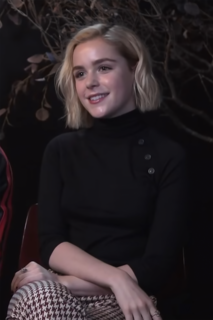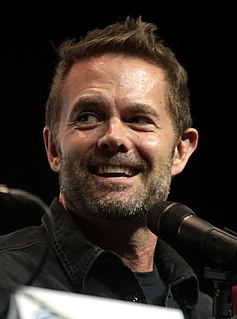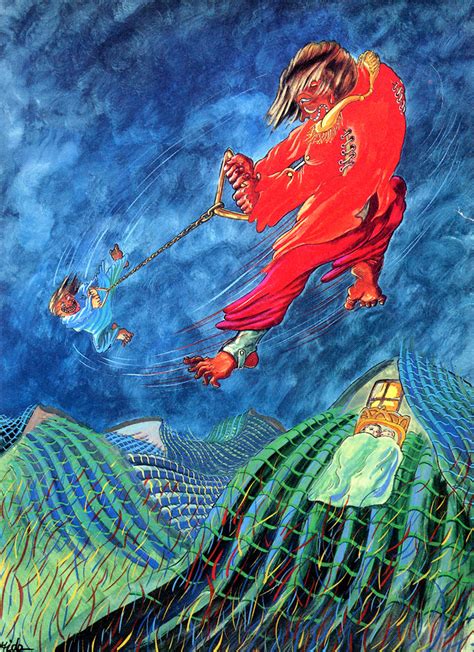A Quote by Wes Craven
In general, I don't even have the luxury of rehearsal time on most films that I make. It is just a scene-by-scene full cast read through. It's very much just doing the rehearsal sometimes the day before, at the end of the day, but just on the spot as the scene unfolds.
Related Quotes
Occasionally, as an actor, you're not... Sometimes, at least for me, I'm not fully in the groove until the second or third take, in which I would not want to just stop. If it's a scene that takes a lot of work and time, sometimes the scene gets better with time, and sometimes it gets exhausted. I think it just depends on the scene.
I think Julianne Moore is very, very good. I've worked with her. We did Surviving Picasso. I remember one scene we did together. She had to have a nervous, a mental, breakdown in this one scene. I didn't have many lines. I just had to make sure I knew I came in on cue all right. And I was just watching her walking though the rehearsal. I thought I know what she's doing, "This is going to be terrific." So they said, "Are you ready" and she said, "Yeah," "Ok, roll the camera." And all in one take.
Film and television are very different. On the TV show, we do seven or eight scenes a day, so time and money are of the essence, and we have zero room for creativity because you've got to do each scene in only five takes. Whereas, on a film, you have an entire day to film one scene, so you have so much time to choose how you want to fill in a scene.
Some days are more intense and quiet, and then other days, you feel more relaxed and are able to open up on set. It just depends on what you're doing that day. I like to imagine that all the choices you make during the day that you're doing a particular scene are going to feed into the creation of that scene.
My editor and I remain very disciplined. It's just sometimes when you're making a film, you get into the cutting room and you see a scene that's slowing you down in a certain section, but if you remove that scene then, emotionally or story-wise, another scene a half-hour later won't have the same impact. You just get stuck with it.
With films, I just scribble a couple of notes for a scene. You don't have to do any writing at all, you just have your notes for the scene, which are written with the actors and the camera in mind. The actual script is a necessity for casting and budgeting, but the end product often doesn't bear much resemblance to the script--at least in my case.
The scene of independent cinema is already a large scene in America, and not in a negative way, but it's cluttered. It's very populated with just American films, so the room left for foreign movies is not extremely vast. The American public also does not really read. They don't read subtitles. But we're like that in Canada, too.
I really like the Chris-R scene and of course the "you are tearing me apart Lisa" scene. The reason I love the Chris-R scene is because we worked really hard to finish it. It's not just that though, it brings people together. Everyone is one the roof together by the end of the scene. You see the perspectives of the different characters. I feel like with all the connections in this scene that the room connects the entire world
have a much harder time writing stories than novels. I need the expansiveness of a novel and the propulsive energy it provides. When I think about scene - and when I teach scene writing - I'm thinking about questions. What questions are raised by a scene? What questions are answered? What questions persist from scene to scene to scene?



































